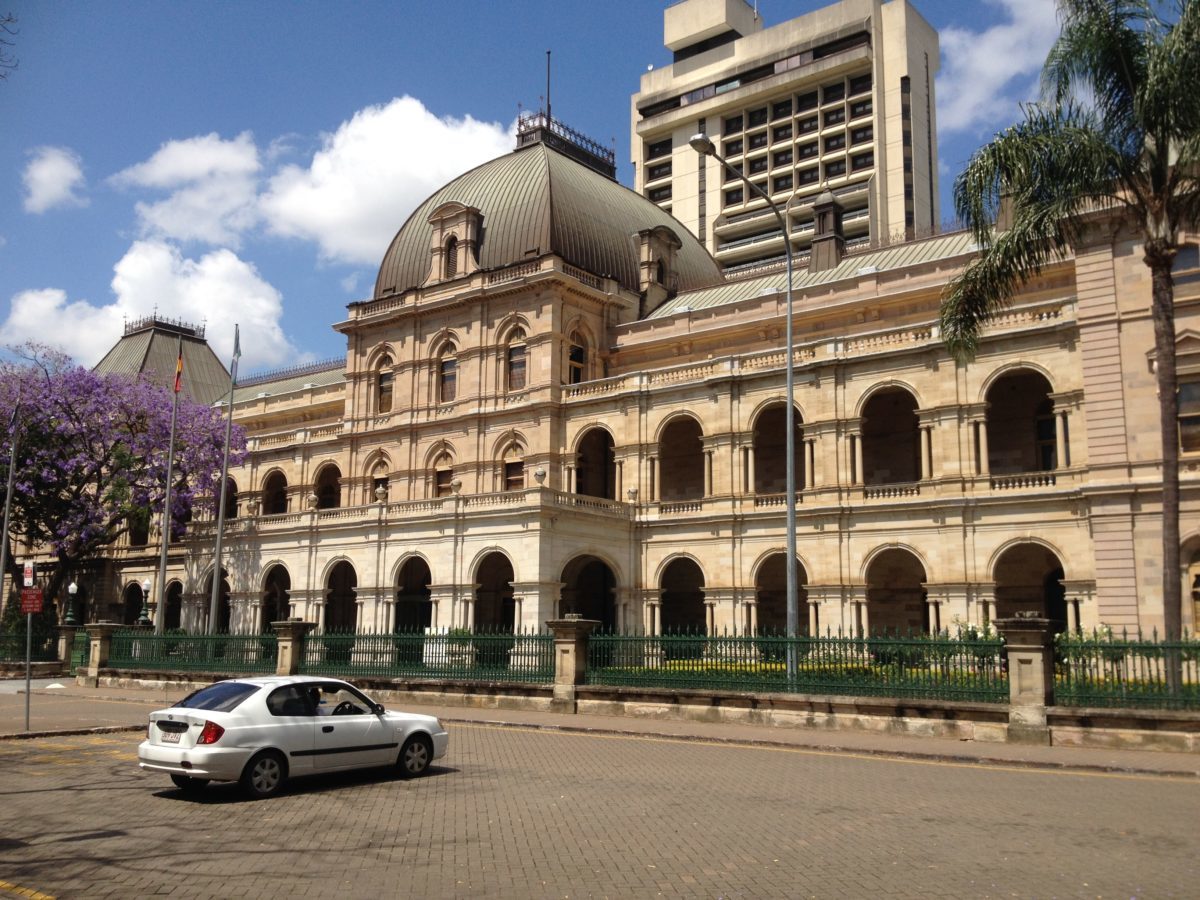An announcement from the Queensland Government states that beginning in March 2018, Queenslanders will be able to apply for no-interest loans to cover the upfront cost of investing in solar and battery technologies.
The Government is also planning to trial a scheme offering financial incentives to landlords to install solar systems, and pass on the savings to their tenants.
“Solar panels and batteries are a great way for households and small businesses to cut their electricity bills, but for some the upfront cost can be a challenge,” said Queensland Treasurer Curtis Pitt. “It will also help in supporting to kick start the growth of the battery industry in Queensland.”
The government says it expects that those who take up the interest free loans could cut up to $700 per year off their energy bills.
The trial scheme for rented accommodation is aimed at removing barriers currently preventing renters from taking advantage of solar power, and will initially be extended to 1,000 households. Queensland Government states that tenants could cut up to 10% off their annual bills, and that landlords could expect a rebate of around $520 per year.
Popular content
“This trial will embrace the falling costs of solar technology and offer clean energy to renters – which has been an inaccessible market segment,” said Energy Minister Mark Bailey.
The two schemes were part of a raft of announcements made this week as part of State Premier Annastacia Palaszczuk’s affordable energy pledge, aimed at creating energy savings for customers in Queensland.
Other measures announced include the removal of a ‘non-reversion policy’ which prevented customers who left the service of state-owned company Ergon Energy from returning, a scheme offering rebates of up to $300 on the purchase of energy efficient appliances, and energy audits for industrial customers, as well as a 50% co-contribution to implementing their recommendations.
Queensland’s Government has set a target to generate 50% of its electricity from renewable sources by 2030, and the state’s solar sector has seen major activity in recent months, which can be expected to continue into 2018 after a new tender for 400 MW of PV and 100 MW of storage was opened in mid-October.
This content is protected by copyright and may not be reused. If you want to cooperate with us and would like to reuse some of our content, please contact: editors@pv-magazine.com.



By submitting this form you agree to pv magazine using your data for the purposes of publishing your comment.
Your personal data will only be disclosed or otherwise transmitted to third parties for the purposes of spam filtering or if this is necessary for technical maintenance of the website. Any other transfer to third parties will not take place unless this is justified on the basis of applicable data protection regulations or if pv magazine is legally obliged to do so.
You may revoke this consent at any time with effect for the future, in which case your personal data will be deleted immediately. Otherwise, your data will be deleted if pv magazine has processed your request or the purpose of data storage is fulfilled.
Further information on data privacy can be found in our Data Protection Policy.